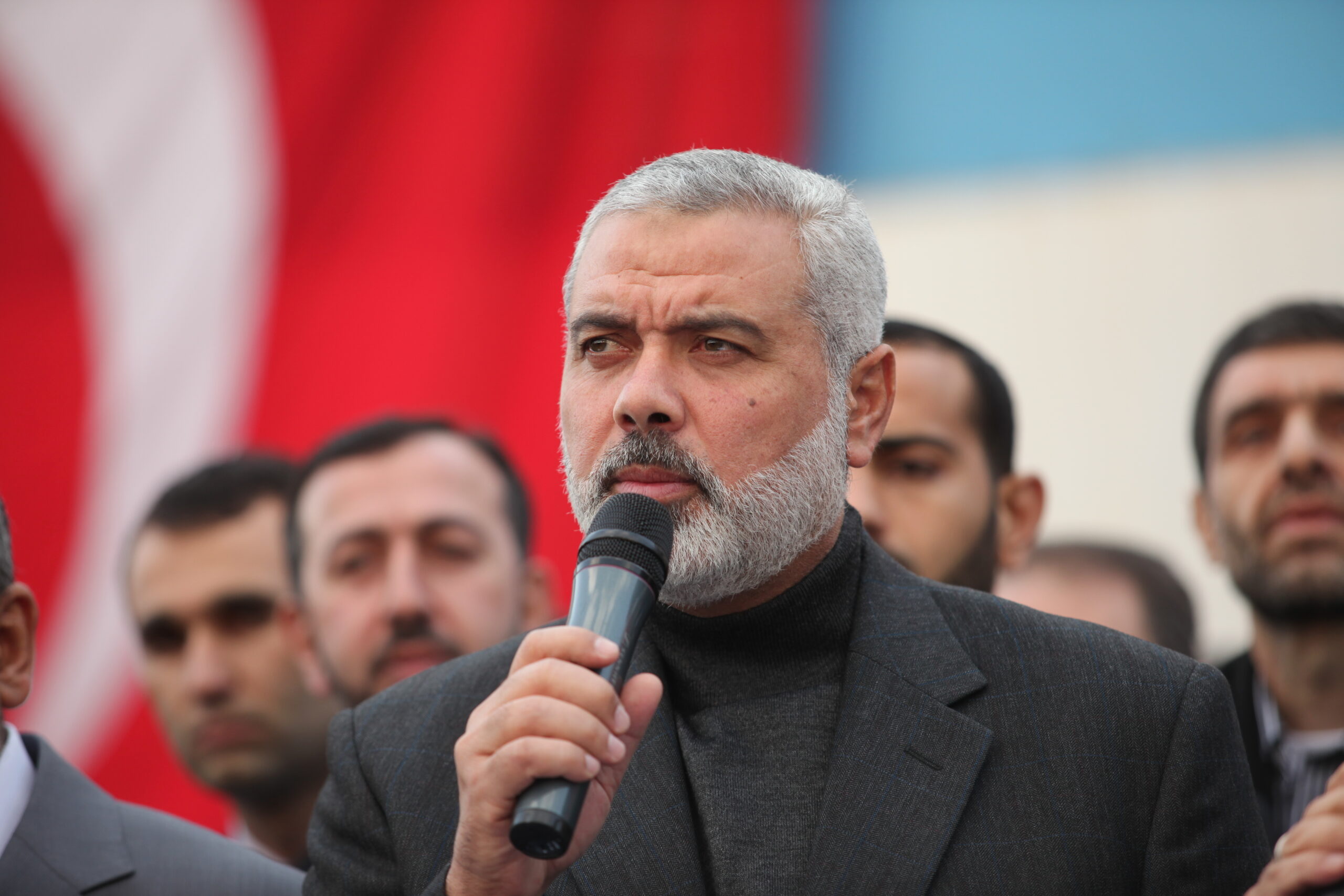Explosive Device Hidden for Months
Hamas political leader Ismail Haniyeh was assassinated in Tehran on Wednesday through an explosive device covertly hidden in the guest house where he was staying, according to a source familiar with the matter who spoke to CNN. The bomb, which had been planted about two months earlier, detonated remotely once Haniyeh was inside his room.
Iranian Government and Hamas Point to Israel
Both the Iranian government and Hamas have accused Israel of carrying out the assassination. Israel has neither confirmed nor denied its involvement. US officials were briefed on the operation by Israeli officials only after the assassination, as per the source. The New York Times was the first to report the details of Haniyeh’s assassination, raising fears of a potential escalation in the Middle East.
Breach of Security in Tehran
Initially, Iranian state media and Hamas claimed that Haniyeh was killed by a rocket fired from outside the building. However, the revelation that a bomb had been smuggled inside the guest house, which was under the protection of Iran’s Islamic Revolutionary Guard Corps (IRGC), indicates a significant security breach for the IRGC. CNN has sought comments from the Iranian government but has not received a response.
Haniyeh’s Final Appearances
Haniyeh arrived in Tehran to attend the inauguration of Iran’s new president and had a series of public appearances and meetings. Before attending the inauguration ceremony, he met with Iranian Supreme Leader Ayatollah Ali Khamenei and Iran’s new President Masoud Pezeshkian. His last public appearance was at an exhibit at Tehran’s Milad Tower. Haniyeh was killed at 2 a.m. that night, with Iranian state media initially describing the weapon as an “airborne guided projectile.”
Reaction and Funeral Arrangements
Iran’s Supreme Leader Ayatollah Ali Khamenei condemned the assassination, stating, “You killed our dear guest in our house and now have paved the way for your harsh punishment.” Haniyeh’s body arrived in Doha for burial on Friday, with funeral prayers to be held at the Imam Muhammad ibn Abd al-Wahhab Mosque in Qatar’s capital. His wife, Umm al-Abed, mourned publicly: “You strengthened us daily, making us as strong and determined as iron. We owe it all to you.”
Regional Tensions Rise
Haniyeh’s assassination comes just hours after an Israeli strike in Beirut killed Hezbollah commander Fu’ad Shukr, leading to heightened tensions in the region. Hezbollah’s leader Hassan Nasrallah warned of an “inevitable” response to Israel’s actions. Nasrallah’s speech hinted at possible coordination with other regional groups, marking a new phase in the ongoing conflict.
Israel’s Preparedness
Israel Defense Forces (IDF) spokesperson Rear Admiral Daniel Hagari stated that the IDF is on high alert and prepared for various scenarios. “The IDF is on high alert, defense, and offense,” Hagari said. “We have perfect defense systems and international partners to help us counter the threats, but our defenses are not hermetically sealed.”
Broader Implications
The assassination of Haniyeh and the subsequent regional responses underscore the volatile situation in the Middle East. With Israeli agencies and emergency services on high alert, the potential for further escalation remains significant.
The assassination of Ismail Haniyeh marks a pivotal moment in the ongoing conflict between Israel and Hamas. As regional tensions escalate, the situation demands careful monitoring and diplomatic efforts to prevent further violence.







